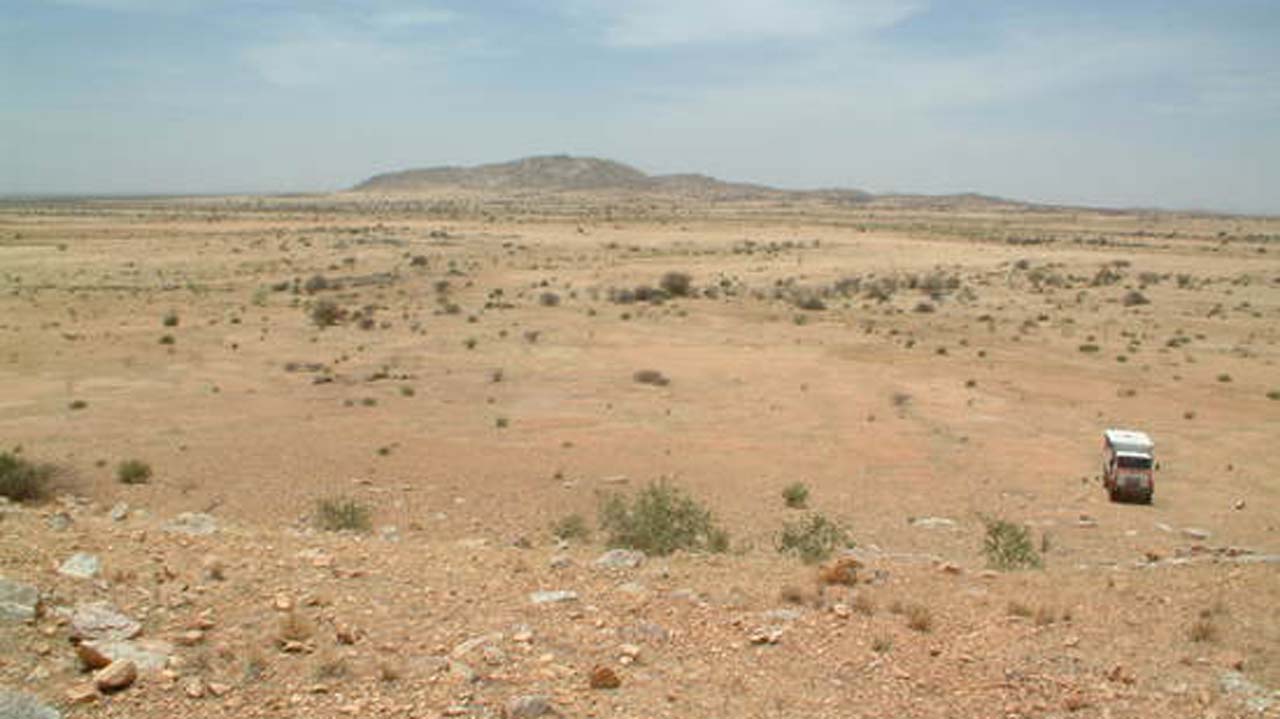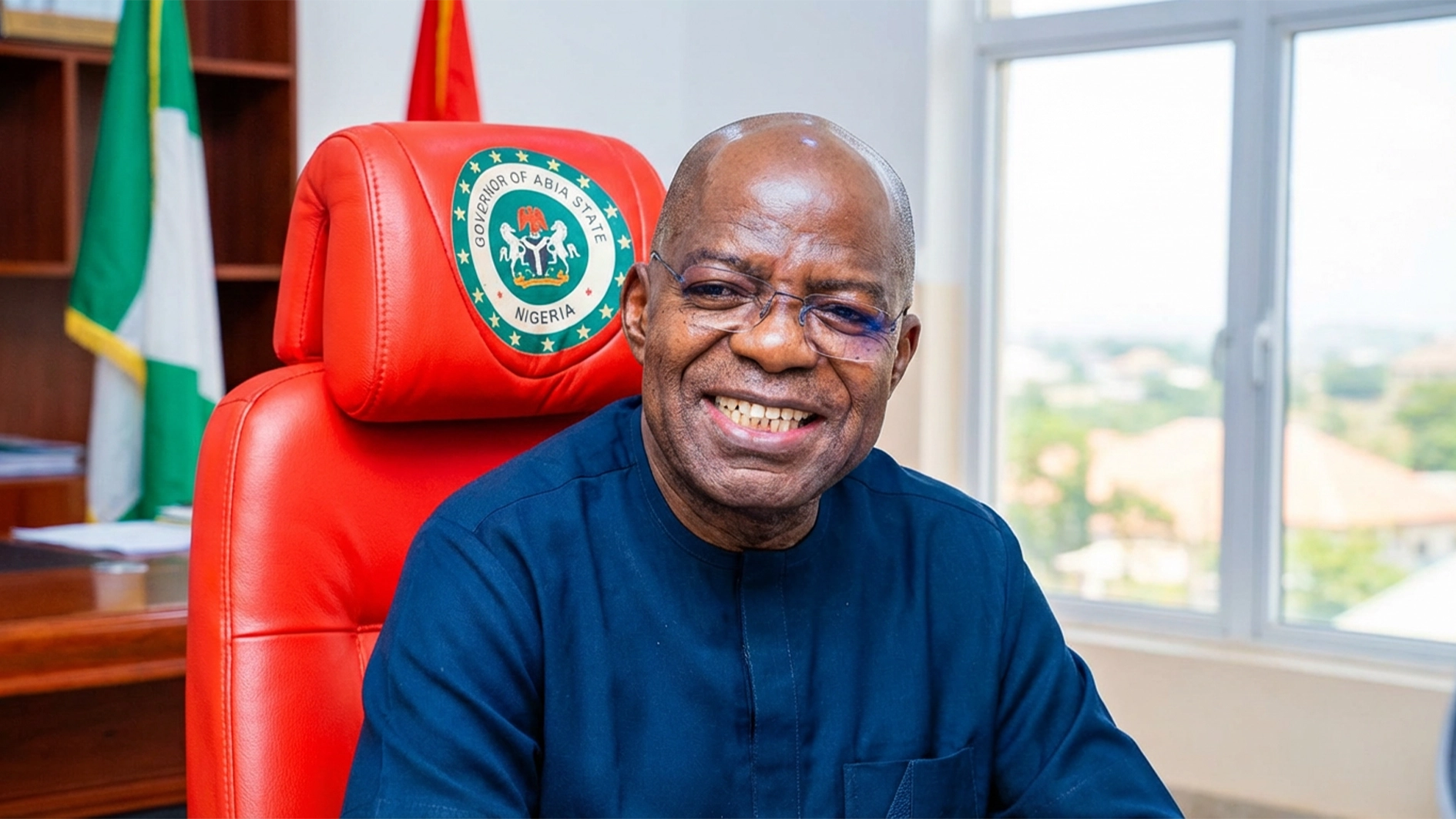
Minister of Women Affairs, Imaan Sulaiman-Ibrahim, made this plea while highlighting the urgent need for intervention to mitigate the impacts of climate change.
In a statement released by her Special Assistant, Media, Jonathan Eze, the minister emphasised the importance of international organisations and development partners directing investments towards these vulnerable groups.
She stated, “Women contribute to 70 per cent of global food production and account for 60 per cent of smallholder farmers,” advocating for their participation in land restoration initiatives.
Sulaiman-Ibrahim also pointed out the health hazards women face, noting that those using local wood or charcoal for cooking inhale smoke amounts equivalent to smoking 40 cigarettes per meal, posing severe health risks.
“With over 50 per cent of Nigeria’s population being women and over 70 per cent of agricultural activities carried out by them,” she stressed their potential to actively engage in the green economy.
The minister highlighted the multifaceted challenges of land degradation and desertification, explaining that these not only pose environmental concerns but also threaten communities, economies, and health.
Citing the impacts of climate change in the northeast, near the Lake Chad Basin, where millions are displaced—most of whom are women and children—she described the dire situation, including increased risks of sexual and gender-based violence (SGBV), forced marriages, and economic deprivation.
“Empowering women to participate in Climate Action is a catalyst for innovative solutions and community resilience. If we are to win this fight and slow down or reverse some of the effects of climate change, we must provide women with platforms and tools to participate, contribute, and drive the solutions that the world urgently needs to meet the relevant sustainable development goals,” she added.
The minister detailed the adverse effects of climate change across Nigeria, mentioning desertification, rising sea levels, flooding, and gully erosion as major challenges affecting agriculture, water resources, and displacing communities.
She commended President Bola Ahmed Tinubu’s commitment to addressing climate issues, citing the signing of a climate change bill, the establishment of the National Council on Climate Change (NCCC), and the launch of Nigeria’s Energy Transition Plan.
According to her, the introduction of Nigeria’s Nationally Determined Contributions (NDC) Implementation Framework for 2023-2030, focusing on climate change mitigation, adaptation, and innovation, is timely.
She concluded by underlining the crucial role of state and federal bodies, including the North East Development Commission and Niger Delta Development Commission, alongside international partners, in addressing these challenges through targeted and innovative actions.
Sulaiman-Ibrahim affirmed the importance of empowering women in climate action as essential for sustainable development, urging that they be provided with platforms and resources to drive impactful solutions necessary to achieve global sustainable development goals.






